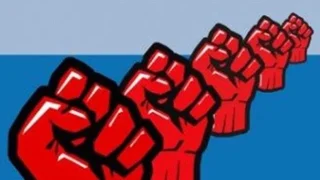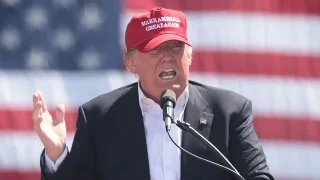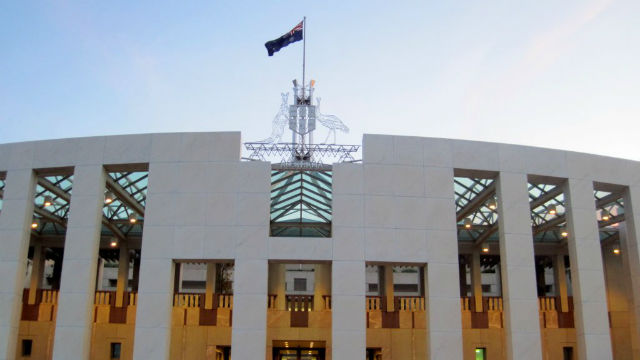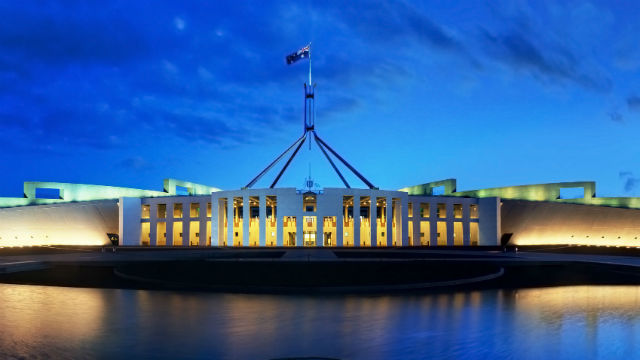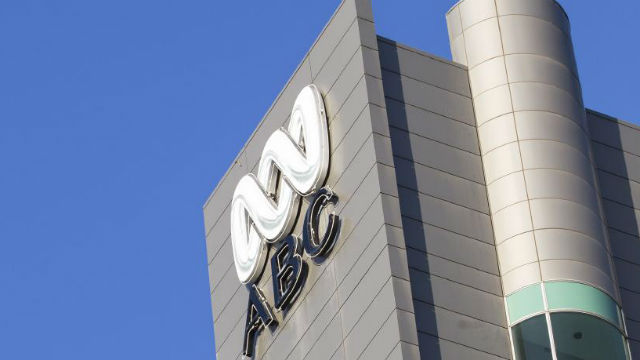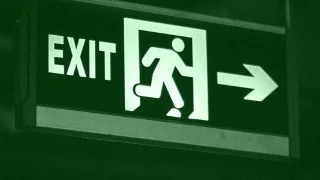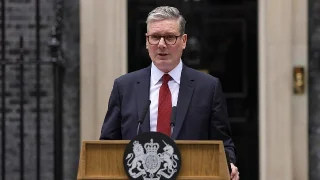
In the past 20 years, crime has increased dramatically in Australia. Burglary rates are higher here than in the United States. Serious assault has quadrupled since 1973. Although homicide rates continue to be low, other violent crimes and crimes against property are relatively high. Many theories have been advanced to explain recent increases in crime. Some theories assert that the breakdown of the traditional family has caused individuals to turn to crime. Other theories suggest that certain genetic traits and psychological illnesses are predisposing people to become criminals. High unemployment, poor education and inadequate social welfare are also cited as causes of recent increases in crime. Cathy Buchanan and Peter R. Hartley present a theory of crime based on modern economic reasoning — that is, that a substantial number of criminals are rational agents who are responding to the expected costs and benefits of committing crimes.

